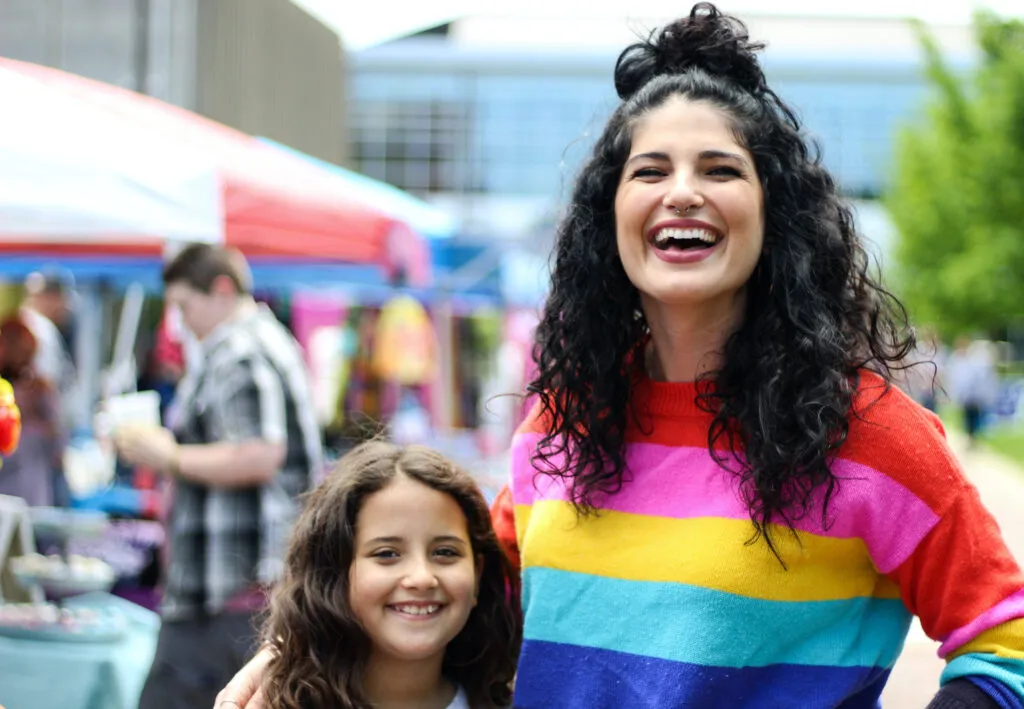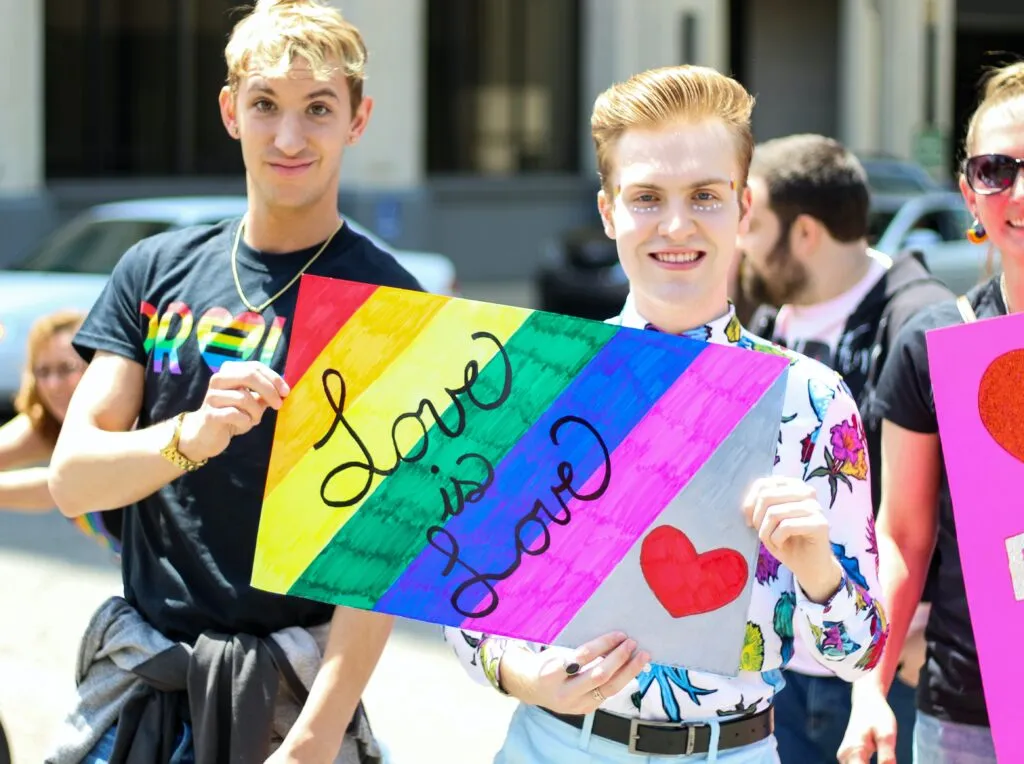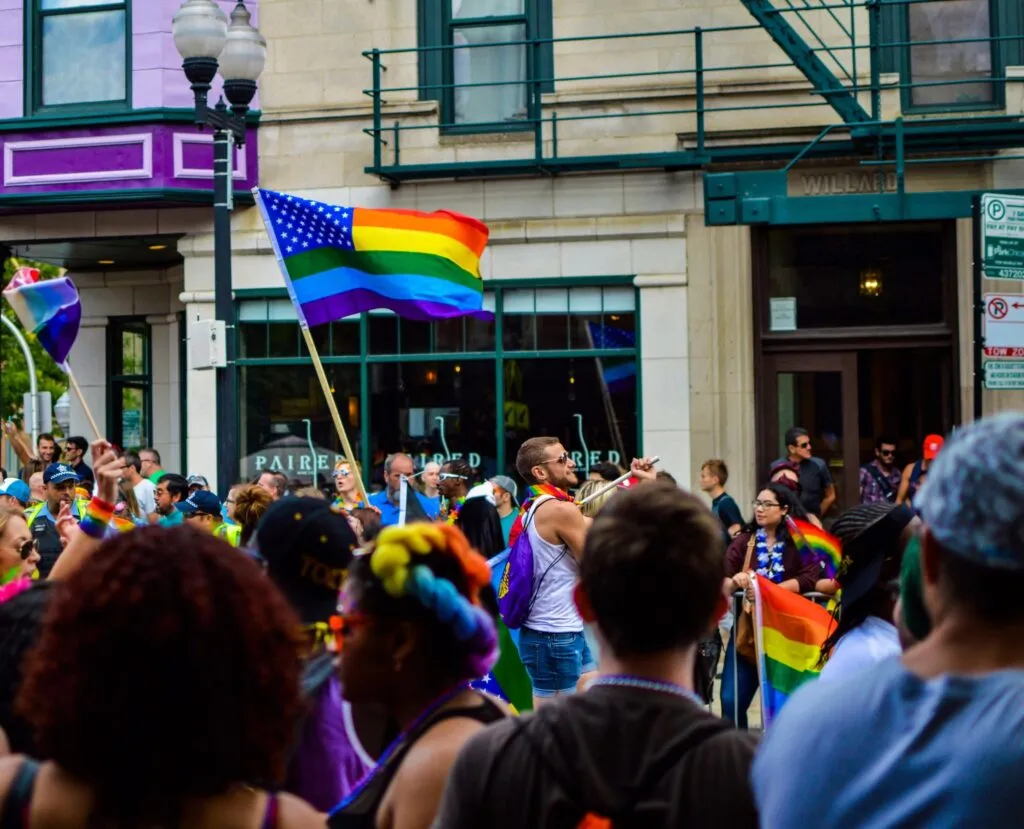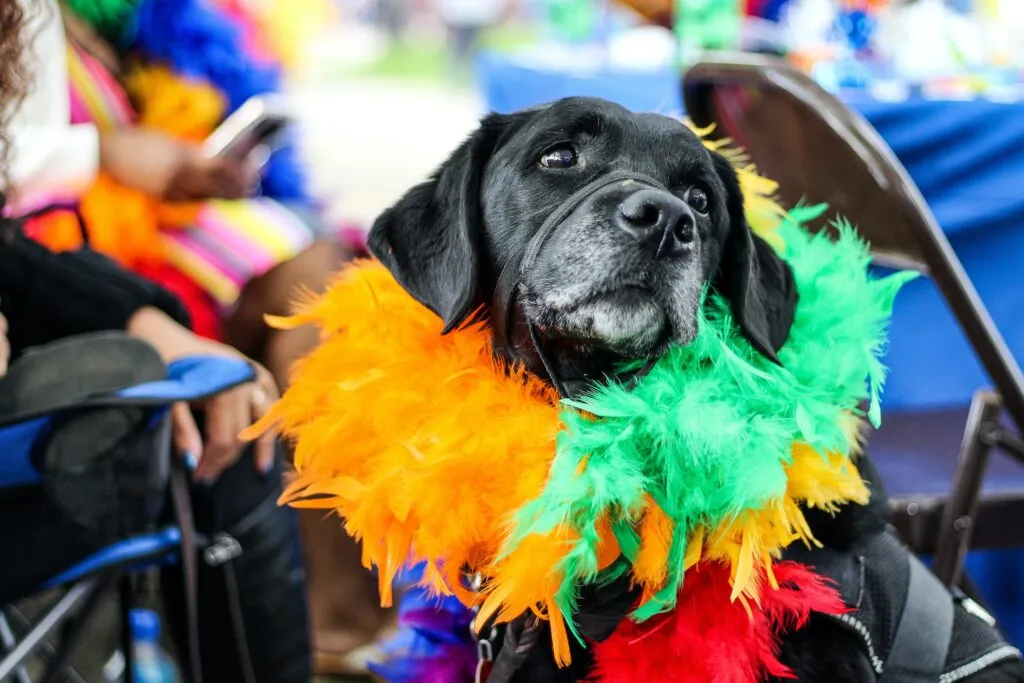What It Means To
Be An LGBTQ Ally
Feb 24, 2023 | By: Hope for the Journey
LGBTQ individuals worldwide inhabit a wide range of situations. In some places they are accepted and even celebrated. In other cultures, tolerance might exist but the topic is still taboo. Some countries still maintain laws where same-sex conduct is punishable by death.
Here’s where being an ally comes in. An ally is someone who doesn’t identify as LGBTQ but lifts up the community by participating in advocacy or simply by being a friend. An ally promotes acceptance and uses their privilege as a member of a “heteronormative majority” to make sure their non-heterosexual friends and family feel safe, seen, and heard.
You’ve danced on the pride floats, you’ve been there for friends when their families disowned them, and you’ve spoken up when ignorant people throw around the world “gay” as an insult. What else can you do?
As you consider how to be a good ally, here are some important things to remember:

Becoming An LGBTQ Ally Tip #1: Respect Peoples’ Timelines
Well-meaning allies might try to over-correct for society’s invalidation of their LGBTQ loved ones. This can look like telling people they need to come out of the closet before they are ready to – “Be who you are! Who cares what people think!”. However, just because someone has confided in you that they might be gay or trans, that does not mean they have fully accepted it. They may grapple with intense shame and internalized homophobia. Encouraging someone to come out before they are ready can be harmful.
There is a possibility that the reaction they get for “being themselves” will be negative and could do a lot of damage. If they’re not strong enough in their sense of self, this could be catastrophic.
For the above reasons, misguided movements like National Coming Out Day are actually dangerous and irresponsible. In a world where alternative lifestyles still get people bullied and killed, it is nobody’s business to pressure others about when they decide to tell the world who they are. Being an ally means honoring timelines.

Becoming An LGBTQ Ally Tip #2: You’re Human. I’m Human. Let’s Humanize Each Other.
Another all-too-familiar cliche is the commodification and objectification of LGBTQ individuals as collectible “cute” things that boost one’s reputation or clout as an “open” and “woke” person if they appear at your dinner table.
For example, many a gay man has heard one of their girlfriends refer to their friend group as “my gays.” Conversely, the male gaze has long romanticized two women together as desirable objects for heterosexual cis-male eyes. Plot lines in literature and images in the media boast countless examples of this.
Many artists have even exploited the LGBTQ community to this end – look at Katy Perry’s huge hit “I Kissed a Girl.” She attempted to use the LGBTQ community as provocative fodder with another one of her singles, “Ur So Gay” – but no one talks about her problematic verbiage because she has labeled herself an ally.
.

Becoming An LGBTQ Ally Tip #3: Be Mindful When Spaces Aren’t “For” You
There has been tremendous progress in LGBTQ visibility in recent years and that has made other people curious about exploring traditionally queer spaces. This means more straight folks frequenting gay and lesbian bars.
As an ally, be mindful of who you bring into these “safe spaces” with you. You might be an ally, but that friend you’re dragging out with you might be homophobic and react in an unpredictable manner when faced with people they fear.
Keep in mind: these spaces aren’t made for you. Showing up and taking over gay bars means potentially putting people in danger. All it takes is an innocent invitation to dance or a smile to set someone off and lead to a hate crime. There’s a reason LGBTQ individuals seek venues where they can connect with like-minded people. The rest of the world is full of bars and restaurants and cafes where straight people can feel safe. Be careful of appropriating counterculture as part of your ally-ship.
It is important and wonderful that worlds are intermingling, and exclusivity is not the point here. It isn’t about excluding anyone non-LGBTQ from “safe spaces,” but acknowledging why they exist in the first place.
Becoming An LGBTQ Ally Tip #4: Get Comfortable Around “Pronouns”
In recent years, increased awareness of gender dysphoria and trans voices has started a dialogue about pronouns and the importance of respecting individuals’ preferred labels or lack thereof. One of the easiest ways you can be an ally is to refer to folks by the pronouns they prefer.
It isn’t always easy to keep up with the changing language of gender and it can be especially confusing and daunting when you meet someone as one thing and now they want to be called another. Be patient and allow yourself some grace. It isn’t easy re-structuring your entire way of seeing the world.
As we’ve discussed, an important element of being an ally is recognizing one’s own privilege and understanding how your own experience of the world may be different from the gay, queer, trans people in your life. Even people with the best intentions might inadvertently perpetuate stereotypes or ignore very real systemic oppression they benefit from. Thank you for being an ally. The world needs more love.

Ready To Get Started With LGBTQIA Therapy in Round Rock, TX or Austin, TX?
If you’re ready to be an ally, still have some uncertainties about supporting your fellow humans, or are in need of an ally, reach out to us today. We have therapists available to help virtually and in person in our Austin and Round Rock offices. Our care coordinator Diana can speak with you directly to help find the best fit to meet you where you’re at.
